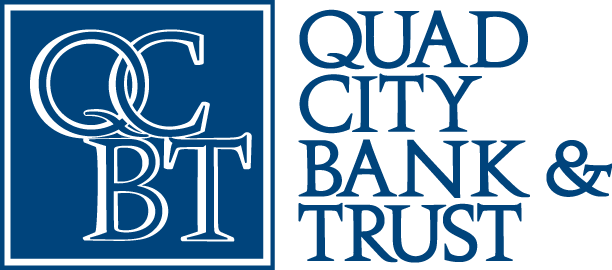Frequently Asked Questions About Trusts and Investment Services
Must I have a trust to use your investment services?
Many of our clients choose trust arrangements because of the unique advantages they offer. But no, you're not required to create a trust. Our Investment Management professionals are here to help you grow and protect your wealth with or without a Trust account. If you prefer, you can put us to work on a less formal basis. All it takes is written instructions in the form of our standard investment agency agreement.
What are the advantages of a trust?
With a trust you can draw on our broad investment capabilities, and have us perform any number of special services, now or in the future. These personalized services could range from making payments of estimated taxes to providing full personal financial management in the event you are unable to take care of your financial affairs.
Also, you can name one or more beneficiaries to receive the assets of your trust at your death. These distributions avoid probate. Or, you can have your trust continue beyond your lifetime, serving as a source of continuing income and support for your spouse, children or others whom you designate.
Is it difficult to set up a trust?
No. It involves delivering money and/or securities that you wish to place in a trust and then you give us written instructions in the form of a trust agreement. The agreement, drawn up by your attorney, is signed by you (as creator of the trust) and the trustee.
Trusts of this type are often called living trusts to distinguish them from testamentary trusts (those established under the terms of a will). Living trusts created for the purpose of personal asset management are also known as revocable trusts. That's because the person who creates the trust reserves the right to cancel or revoke it.
If I create a trust, can I keep control?
Our trust clients keep control in three ways:
- The trust agreement specifies that they may make withdrawals (or additions) at any time.
- They reserve the right to revoke the trust.
- They reserve the right to give new or different instructions by amending the trust agreement.
Can I make the investment decisions?
If you wish. Most of our clients look to us for objective portfolio supervision because they lack the time or specialized knowledge to do all the necessary research and analysis required. You can delegate as much or as little investment responsibility as you want. For example, we can assist you in determining your investment goals and parameters then leave the ongoing maintenance of the portfolio to us.
How big must a trust fund be?
It is a misconception to think that you need millions of dollars to open an investment management account. We don't think in terms of fixed minimums. Instead we ask ourselves, "Is a trust the best way to meet this person's financial management needs?"
Does the FDIC insure trust funds?
Primarily, trust funds are invested in stocks, bonds or other income-producing assets. These trust investments are not bank deposits. Securities and other assets administered by a bank as trustee are held separate from the bank's own assets, under strict audit controls and cannot be reached by the bank's creditors. Therefore, the need for FDIC insurance is generally limited to uninvested trust cash, such as income awaiting distribution. Under FDIC regulations, uninvested funds held or deposited by the bank as trustee for a revocable trust are insured together with other deposits of the trust's owner up to a total of $250,000.
How can I find out more about trusts?
That's easy. Our trust professionals will be glad to assemble further information for you, analyze your investment requirements and answer questions regarding trust department services. Please contact us at 309.736.3889.
